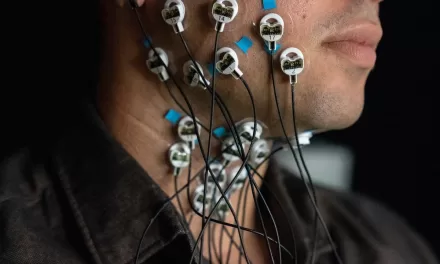February 7, 2024 — In a groundbreaking discovery, a team of scientists has pinpointed key genes that elevate the risk of Parkinson’s disease in young Indians, offering crucial insights into the genetic basis of this debilitating neurodegenerative disorder.
Led by the Parkinson’s Research Alliance of India (PRAI) and MedGenome, a leading genomics company in South Asia, the team conducted a comprehensive analysis of rare and common genetic variations in the young Indian population. Their findings, published in the prestigious journal Movement Disorders, pave the way for the first-ever genetic screening for Parkinson’s disease in high-risk individuals and affected families in India.
“Parkinson’s is not a single gene disease. It can occur due to multiple genetic mutations and multiple gene causes. Understanding the genetic makeup of Indian patients will have a significant impact on the diagnosis and treatment of the disease,” explained Dr. Prashanth L.K., a specialist in movement disorders from PRAI.
Parkinson’s disease ranks as the second most common neurodegenerative disorder among adults aged 60 years and above. According to the Global Burden of Disease Study (2018), the prevalence of Parkinson’s has doubled worldwide over the past two decades, with India accounting for approximately 10% of the global burden, translating to nearly 0.58 million patients living with the disease in the country.
The groundbreaking study, involving 1,000 patients from 10 specialty Movement Disorder Centers/Neurology clinics across India, revealed a high likelihood of non-mutation and common Parkinson’s mutations among Indian patients. Additionally, the researchers identified numerous variants of unknown significance, shedding light on previously unreported genes that may play a crucial role in the onset of Parkinson’s disease.
Dr. Prashanth highlighted the prevalence of BSN gene mutations among Indian patients, which primarily affect gait and balance and are not commonly associated with Parkinson’s disease. He emphasized the importance of further research on these genes to better understand their role in the occurrence of the disease.
While there is currently no single solution to prevent Parkinson’s disease, Dr. Prashanth stressed the significance of maintaining a good quality of life through proper nutrition, regular exercise, and stress management.
The groundbreaking findings represent a significant step forward in unraveling the genetic complexities of Parkinson’s disease and offer hope for improved diagnosis, treatment, and management of the condition among the Indian population.












